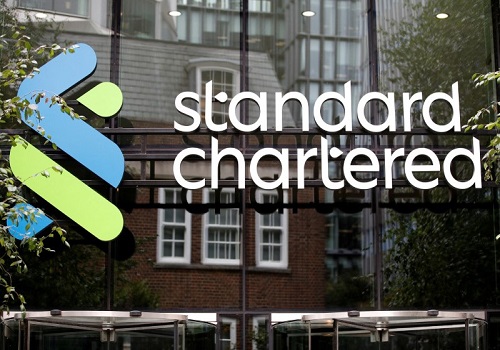GCCs dominate India`s flexible workspaces office market, Bengaluru leads

Global capability centres (GCCs) occupied flexible workspaces across eight key markets in India increased from 17,380 in 2023 to 22,881 in the first nine months of 2024, a report showed on Thursday.
This resurgence is linked to slower economic growth in the US, prompting companies to leverage India’s cost advantages and talent pool, boosting demand for flexible workspaces, according to the report by Knight Frank India. This highlights India’s cost-efficiency and skilled workforce as key drivers in workspace decisions for global firms.
Currently, GCCs occupy almost 202.6 million square feet of Grade A office space across India’s top six cities, with Bengaluru and Hyderabad contributing three-fourths of this leased space.
Bengaluru dominates 41 per cent of GCC-focused flex space occupancy across eight markets in India, underscoring its status as a key tech and corporate innovations hub.
“In contrast, Kolkata holds just 1 per cent of the flex space share, indicating a limited presence of such centres. This distribution reflects regional preferences, with Bengaluru standing out as the leading market for flex space adoption among GCCs,” the report said.
Of the 1,900 GCCs in the country, about 66 per cent originate from Americas, with 1,250 from the US and 30 from Canada, showcasing the region’s major influence.
Another 27 per cent of India’s GCCs originate from the EMEA (Europe, Middle East, and Africa) region, reflecting interest from both established and emerging economies. The APAC region, though smaller, contributes 7 per cent, with 44 GCCs from Japan, 25 from Singapore and 15 from Australia.
Shishir Baijal, Chairman and Managing Director, Knight Frank India, said that India’s GDP growth continues to be the fastest among major economies in the world, attracting attention for its rapidly developing infrastructure and the steady influx of top-tier talent and corporate entities.
“This, combined with favourable factors such as a stable political climate, a large consumption-driven economy, and a strong regulatory framework in the financial sector have increasingly positioned India as a preferred destination for multinational corporations, with US companies leading the way,” he added.
























